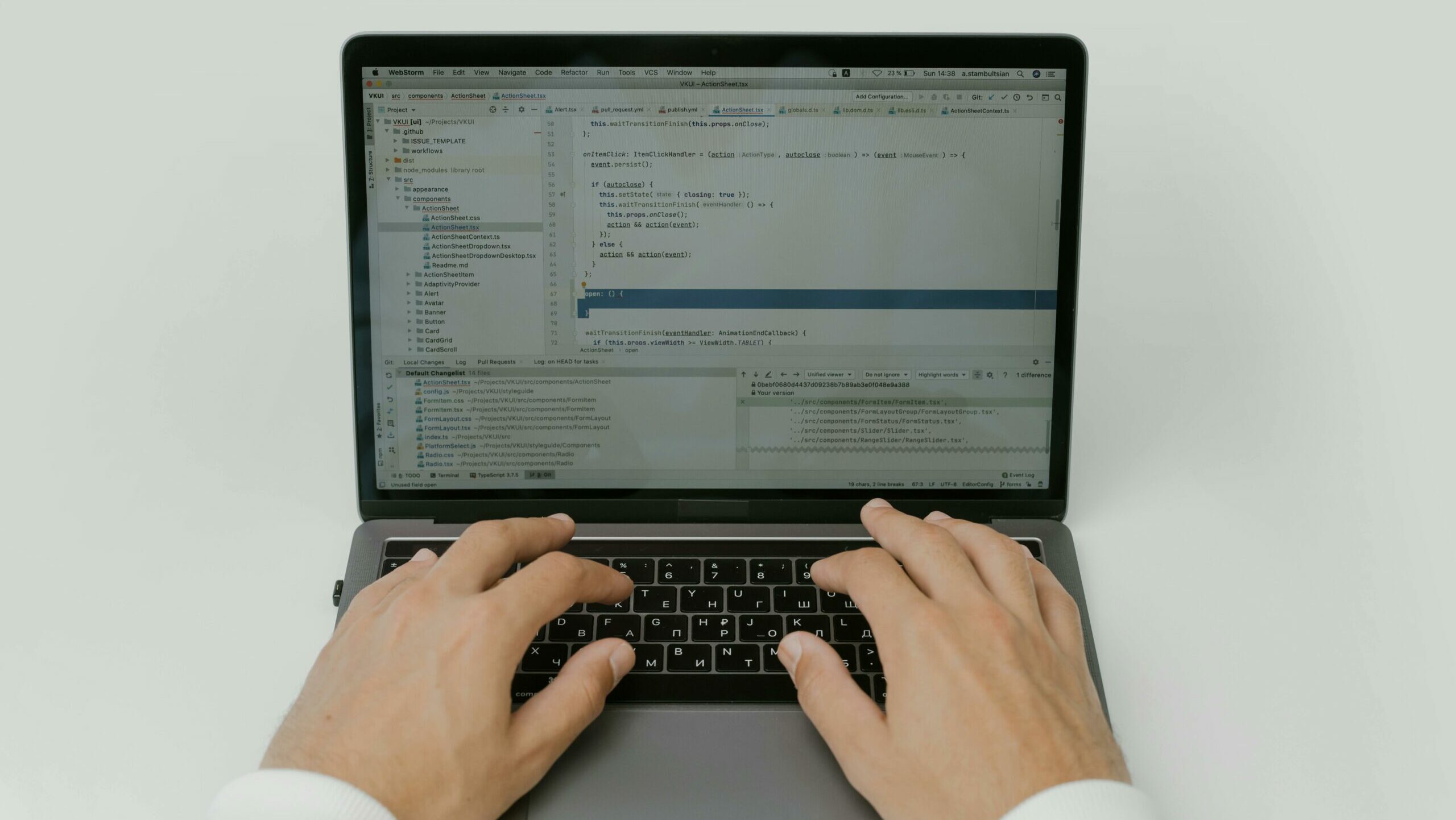Pros and Cons of Buying vs. Renting a Home in USA
Discover the benefits and drawbacks of purchasing and renting a property in the United States to help you make the best decision for your budget and way of life.

A big decision that affects both finances and lifestyle is whether to buy or rent a property. While renting offers flexibility and fewer responsibility, owning a property offers stability, the possibility of appreciation, and personal independence. Everything from the weekly budget to long-term financial objectives may be impacted by this choice. Weighing the advantages and disadvantages has become even more crucial in the current housing market since each person’s ideal home decision is influenced by a variety of factors, including affordability, interest rates, and personal priorities. To help you make a decision, we’ve broken down the main advantages and disadvantages of owning versus renting.
Financial Dedication: Initial and Ongoing Expenses
Purchasing a home frequently necessitates a sizable down payment, closing costs, and continuing expenditures for things like maintenance, insurance, and property taxes. The upfront expenses may seem overwhelming, particularly if a 20% down payment is required. However, as home equity increases, owning can eventually show to be advantageous financially. However, there are fewer up-front costs associated with renting—typically only a security deposit and possibly the first and last month’s rent. Although rent payments are fixed each month, making budgeting easier, there is no chance to accumulate equity. Financially speaking, renting is easier for people who value liquidity and reduced short-term expenses, while purchasing can be viewed as a long-term investment with room for growth.
Making the Decision Based on Your Lifestyle: Flexibility vs. Stability
Flexibility is one of renting’s main advantages. Whether for business, a change in lifestyle, or the desire to experience a new place, renters can easily move. Those in unstable careers or younger workers may find this independence particularly beneficial. On the other hand, purchasing a home offers stability because the owner is not constrained by a lease and the house is genuinely their own. Families can benefit greatly from this stability since it enables them to build relationships with the community, settle down in a neighborhood, and give their kids a stable environment. The permanence of purchasing is perfect for people who want an established lifestyle, while the flexibility of renting is good for people who value independence.
Temporary versus Long-Term Investment
Being a homeowner is frequently seen as a long-term investment with potential for value growth, particularly in desired markets. Homeowners have the option to increase their wealth through the equity in their house or sell it for a profit in the future. Furthermore, property ownership offers a legacy that can be inherited by subsequent generations. However, since monthly rent does not create equity, renting does not yield a profit. In essence, rent is a one-time cost, but purchasing can result in the accumulation of assets. Purchasing might be a wise investment for people who intend to remain in one location for a long time. However, renting can be the most sensible and cost-effective option if personal circumstances or market volatility indicate frequent movements.
Upkeep and Accountability: Renting vs. Owning a Home: The Difference
Since landlords usually take care of maintenance and repairs, renting frequently entails little maintenance duty. For people who would like live a hassle-free existence, this can be a huge benefit as it frees up tenants to concentrate on other things rather than repairs or upgrades. Conversely, homeowners are solely responsible for the upkeep of their property, including both routine and unforeseen repairs. Although some people like having the flexibility to make improvements and changes to their houses, the time and money required might be difficult. The obligations of owning may be a worthwhile trade-off for people who seek control over their living environment, but renting offers simplicity if convenience and low maintenance are top objectives.
Financial Incentives and Tax Benefits
There are a number of tax advantages to home ownership over renting. Homeowners can save a lot of money by deducting mortgage interest, property taxes, and even home office costs. Because they can lower the total cost of purchasing, these financial benefits make homeownership very alluring. Although renting might still be a superior financial option if housing prices and interest rates are high, renters are not eligible for these tax advantages. Since these tax ramifications might affect whether buying or renting eventually results in greater financial savings, it is imperative to take them into account as part of the larger financial picture.
Buying or renting a property is a very personal choice that takes into account lifestyle preferences, financial objectives, and the state of the market. Although purchasing a home entails a larger financial investment and additional obligations, it also offers security, equity building, and tax benefits. Although renting has predictable expenses, flexibility, and fewer obligations, it does not offer long-term investment advantages. In the end, the best decision is determined by each person’s long-term goals, financial situation, and priorities. Prospective renters and buyers can make an informed choice that fits with their particular requirements and goals by weighing these advantages and disadvantages.







